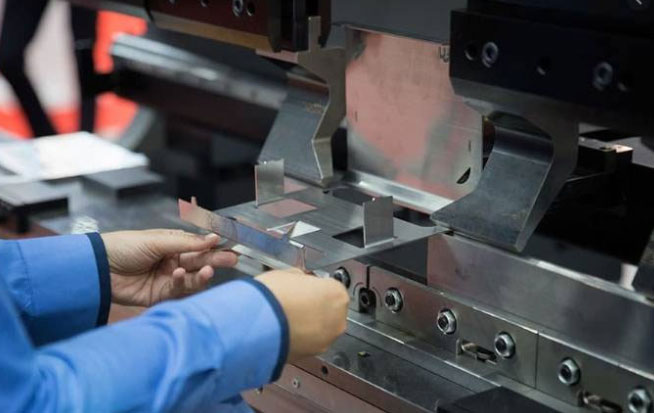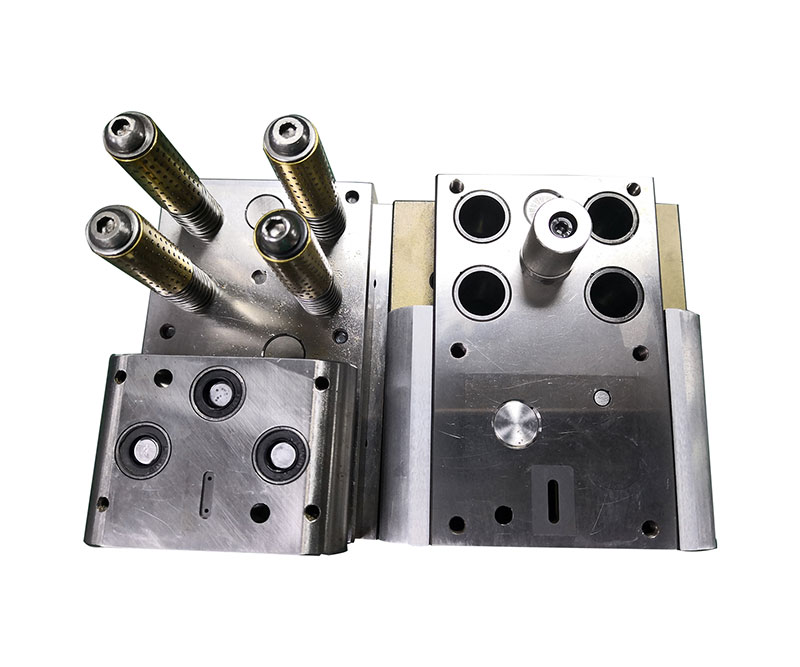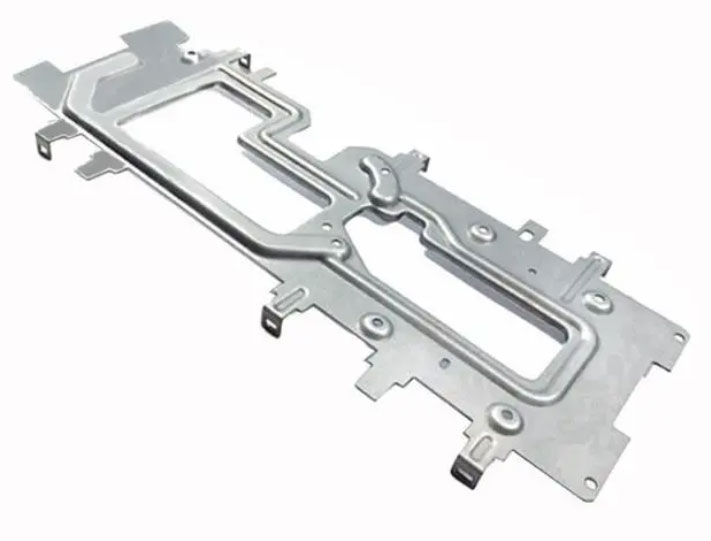Sheet metal is a popular material used in modern manufacturing due to its versatility, durability, and cost-effectiveness. It is a flat, thin piece of metal that can be easily manipulated into various shapes and sizes. Sheet metal has been used for centuries in a variety of applications, from roofing and construction to automotive and aerospace industries.

One of the primary benefits of sheet metal is its versatility. It can be easily formed, cut, and bent into different shapes and sizes to fit various manufacturing needs. This makes it an ideal material for creating complex parts and components that require high precision and accuracy. Additionally, sheet metal can be coated with different finishes to improve its resistance to corrosion and wear.
Another advantage of sheet metal is its durability. It is a strong and sturdy material that can withstand high temperatures, pressure, and impacts. This makes it an ideal choice for manufacturing products that require high strength and durability, such as automotive parts, aircraft components, and industrial machinery.
Sheet metal is also cost-effective compared to other materials such as plastics or composites. It is readily available, easy to fabricate, and requires minimal processing, which reduces production costs. Additionally, sheet metal can be recycled, which makes it an eco-friendly choice for manufacturers.
Sheet metal is used in a wide range of industries, including construction, automotive, aerospace, and electronics. In the construction industry, sheet metal is used for roofing, gutters, and siding. In the automotive industry, it is used for body panels, engine components, and exhaust systems. In the aerospace industry, sheet metal is used for aircraft frames, wings, and landing gear. In the electronics industry, it is used for computer enclosures, server racks, and electrical panels.
In conclusion, sheet metal is a versatile and durable material that offers many benefits to modern manufacturing. Its ability to be easily formed into various shapes and sizes, coupled with its strength and cost-effectiveness, make it an ideal choice for a wide range of applications. As technology continues to advance, sheet metal will remain a vital component of modern manufacturing processes.

